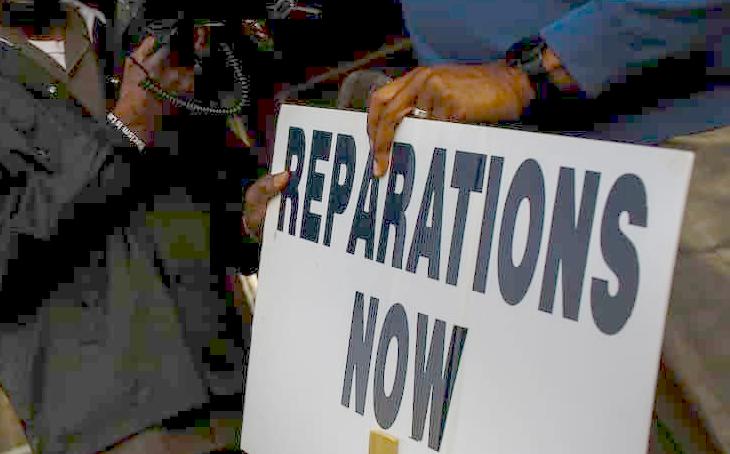
*Evanston, Illinois is the first city to fund reparations to Black residents after leaders announced in 2019 plans to provide $10 million over the next 10 years.
According to an ABC News report, reparations of as much as $25,000 per resident that qualifies will be distributed to use toward housing. The city passed its reparations resolution in 2019, an effort spearheaded by 5th Ward Alderman Robin Rue Simmons.
The Washington Post reports that the city has paid out close to $5 million to 193 Black residents over the past two years. Now, a conservative advocacy group has initiated a class-action lawsuit aimed at terminating the program, contending that it discriminates against non-Black residents of the suburb.
“This program redistributes tax dollars based on race,” said Tom Fitton, president of Judicial Watch, the group that filed the lawsuit against Evanston. “That’s just a brazen violation of the law.”
The lawsuit argues that the program should only be accessible to individuals who can provide evidence of experiencing discrimination within the city. Per The Washington Post, “About 60 percent of Evanston’s residents are White, and 17 percent are Black. Hispanic and Asian residents both make up just less than 10 percent of the population,” the outlet writes.
Cynthia Vargas, Evanston’s communications and engagement manager, said the city “will vehemently defend” its reparations program.
“This lawsuit is part of a larger movement to challenge race-conscious programs in all aspects of society,” said Jason Schwartz, a lawyer who is also representing the Fearless Fund, a venture capital firm that provides grants to Black female entrepreneurs, against a similar lawsuit, per The Post.
As we reported earlier, Rue Simmons teamed with local historian Dino Robinson to build the case for reparations. In a 70+ page report, Robinson outlines the city’s history of discrimination and racism dating back to the late 1800s.
“We anticipate litigation to tie things up with the premise that ‘You cannot use tax money that’s from the public to benefit a particular group of people,’” Robinson said, referring to opposition to the reparations plan. He noted that “the entire Black community historically has paid taxes, but were not guaranteed the same benefits.”
Part of the resistance is due to a lack of education.
“The one comment I hear most often is, ‘I did not know,’” said Robinson. “‘I did not know there was segregation in Evanston.’ ‘I did not know that your housing mortgage is higher than mine but we have the same income.”
According to Rue Simmons, the $25,000 housing benefit is meant to combat “a lack of affordability, lack of access to living wage careers here in the city, and a lack of sense of place.”
READ MORE FROM EURWEB.COM: Another Setback! Eleventh Circuit Halts Fearless Fund’s Grant Program for Black Women in Landmark DEI Case | VIDEO
We Publish News 24/7. Don’t Miss A Story. Click HERE to SUBSCRIBE to Our Newsletter Now!

